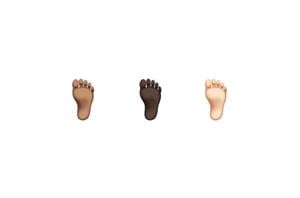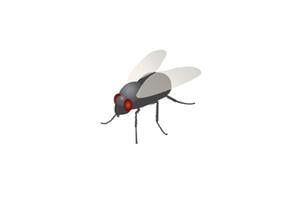Measuring with emoji: Researchers develop emoji scale in new study
Researchers at Kansas State University have developed a new emoji scale to accurately measure how children feel about certain products.

A new study reveals emojis can accurately represent how a child feels about food, products and other experiences.
Sensory researchers at Kansas State University found in their study that emojis were a viable way to gauge children's feelings around various products - and have developed a prototype emoji rating scale as a result.
Satisfaction for young consumers has been traditionally measured by what is known as the P and K Super Good-Super Bad Scale, which asks participants to rate something from 1 to 9, with 1 being “Super Bad” and 9 being “Super Good”.
Measuring feeling with Emoji
The primary goal of the study, which was published in March under the name of "The emoji scale: A facial scale for the 21st century,", was to see if visual communications like emojis could provide the same type of accuracy as the text based nine point scale system.
One of the study leads, research assistant Marianne Swaney-Stueve, commented: "We've shown in past studies that emojis are very easy for kids to understand,"
She added: "Regardless of the country where they live and the language they speak, kids understand what the emojis mean. Also, unlike some of the existing analysis scales that use cartoon faces, emojis don't look like a specific gender or have features that only apply to a specific culture."
The study was conducted by asking a sample of 214 children between the ages of 8 and 11 how they felt about certain pizza toppings; the participants were asked to rate with both the nine point system and the prototype emoji scale.
The results showed that answers on both scales were almost always aligned - suggesting that emotional responses and liking something are interchangeable for the 8 - 11 age group. The study is ongoing, but early results point to a potential shakeup in the way consumer confidence is measured in children.
Emoji studies have been on the rise of late; Edinburgh University recently published research focusing on how emojis are impacting the English language with interesting (and slightly worrying) results.













